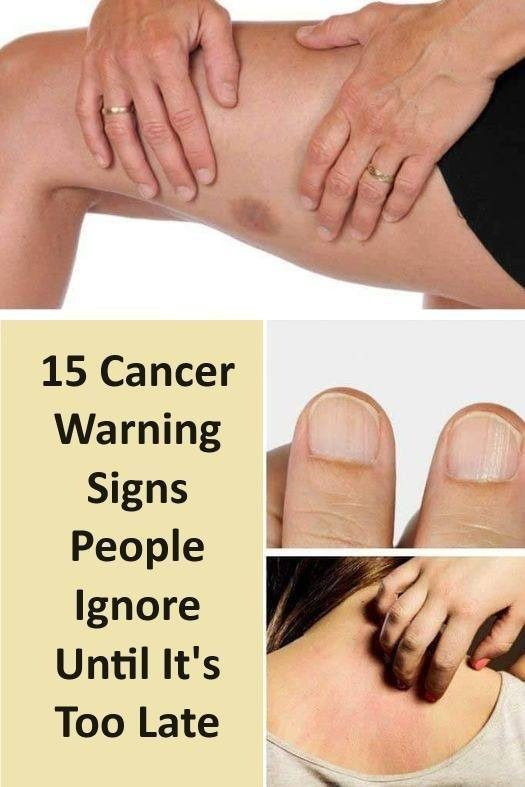5. Bulges
Any change in the appearance or behavior of a lump, whether old or new, warrants a visit to the doctor. It has the potential to be linked to several cancers.
6. Diarrhea
Due to its prevalence, dyspepsia is the most often misdiagnosed symptom. But if you’re also experiencing an upset stomach and difficulty swallowing, this symptom might be a sign of cancer in your upper gastrointestinal system.
7. Alterations to Moles or freckles
Freckles and moles should be treated with the utmost seriousness if you see any change in their color, shape, or size; in particular, you should seek the advice of a medical expert if you experience any discomfort.
8. Follicle changes
Cancer is a possible diagnosis if hair grows abnormally. However, there’s no need to worry; sometimes, it’s only something else. However, in order to identify the issue, it is important to seek the advice of a healthcare specialist.
11. Alterations to the Skin
Most cancers manifest as red, yellow, or black patches on the skin, but any change in skin tone or color shouldn’t be taken as a diagnosis of cancer. See a medical professional.
10. Anxiety
Some forms of cancer may cause chronic discomfort, such as a persistent headache or backache. See a doctor if your pain doesn’t go away after some time.
11. High body temperature
While immune system cancer is the most prevalent cause of fever, it may indicate the start of infection in any organ.
12. Fat Loss
A possible indicator of cancer is a rapid drop in body weight that does not coincide with normal eating or exercise habits. The majority of cancer patients have rapid weight loss, as reported by the American Cancer Society.
13. Refrain from talking
Cancers of the respiratory system, including those of the throat or lungs, manifest with symptoms including a persistent cough and a scratchy throat. If your cough persists, it is advisable to see a doctor.
14. Strange nymphs
In the event that you notice any unusual swelling, tenderness, or discomfort in your lymph nodes. It is advisable that you see a doctor.
Tiredness 15.
Strange as it may seem, the immune system’s normal response to exhaustion might actually serve as a warning indication of cancer. Blood loss, which may be caused by certain malignancies, can also contribute to weariness. If you’re experiencing fatigue, it’s important to consult with your physician.
Please remember to visit your healthcare provider regardless of the above-mentioned indicators. Responding quickly is crucial because it improves the odds of fighting the cancer before it spreads to other areas of the body.

